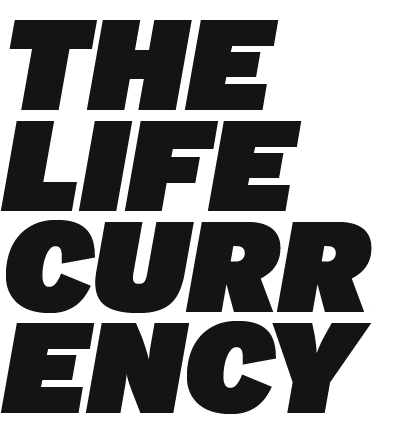Wine 101: A Beginner’s Guide To Drinking Wine
Raise your glasses because it’s time to give it up to that girl, WINE!
She’s the saving grace after a long day, the perfect companion to a warm meal, and a great gift for almost any occasion! However, we decided that National Wine Day should also be enjoyed by those who want to learn more about wine. So we decided to put ourselves in the shoes of someone who may want more exposure to wine but isn’t sure where to start.
In honor of National Wine Day, we attended a local wine tasting where our Wine Educator, Jacine, led us through a beautiful wine tasting experience.
For an affordable price, we tasted six different wines and paired it with a charcuterie board. This winery allows patrons to choose from the following categories:
Dry White & Dry Red: these wines have a higher acidity level
Semi-Sweet: a nice balance for those who don’t want a dry wine and feel that the sweet wines are too sweet
Sweet Red/White: a beautiful choice as a dessert wine as it’s sweet and has a higher alcohol content.
Cider: a hard bubbly cider that can be paired with anything
Sangria: made typically with a red wine as the base and a tasteful addition to most meals
Frizzante: sparkling- referring to the bubbles in the drink
After making our selections, Jacine informed us of the proper way of holding a wine glass, with or without a stem. “If it’s stemless, you want to do your best to only hold the glass with the pads of your fingers- not your entire hand. The warmth from your body heats up the wine and can alter the taste. If you have a wine glass with a stem, hold the stem, not the bowl of the glass.”
As she poured our first selection, she taught us that the best way to appreciate the wine is to follow these steps:
See: note the color and clarity of the wine
Swirl & Sniff: swirl the wine around the glass and slowly inhale the scent of the wine
Sip & Slosh: now you sip and allow the wine to wash over your tongue.
Swirl and Sip again
*If you’re pairing with food, you should swirl, sniff, sip, take a bite, and sip again.
Using this method slowly wakes up your palate and senses to the wine, allowing you to truly savor the taste of your wine. We loved our experience but Jacine had so many great tips to throw in!
How do I find what type of wine I like?
Trial and error! Every wine and brand is different just like our palates and what you pair the wine with can also alter your perception. You might find that you don’t like a dry red, but prefer a dry white. Another way to find what you like is by going to a class if you don’t know what you want but would like to try multiple options. Keep in mind that each wine tasting location will be unique! The grapes and soil that support the winery are reflected in each bottle that you come across. That being said, the taste of a wine from a location in New Jersey may be exclusive to that area, just as it would be if it were made in Texas.
How do I pair wine and food together?
Some wine bottles will tell you on the back, which is great when you’re walking up and down the aisles comparing bottles. If you’re still unsure:
Red Wine: Pinot noir (also a good gift choice)
White Wine: Sauvignon Blanc
Generic Pairings:
Cabernet & Merlot: perfect for red meats
Sangiovese (pronounced san-jo-vay-say): pairs well with pasta and roasted vegetables
Most whites are great for cheeses and salads
Now that you’re aware of how to taste and pair your wines, what do you do with the rest of the bottle? To keep your wines fresh, Jacine suggested a wine fridge. If that’s not in your budget, don’t worry you have some options!
To keep your wine fresh, keep your bottles:
In general, leave bottles in a cool area out of sun or away from direct heat (like next to the fridge, near a window or close to the stove)
Reds should stay corked and kept in fridge
Whites are ideally consumed within the next few days and are chilled. However, if finishing a bottle within three days is not a feat you can manage, don’t throw it away! Purchase a wine pump or a wine stopper. Wine pumps help remove any air that has been trapped in your wine bottle; preserving your wine’s taste and smell for a longer shelf life.
You’ll know when your wine is past its prime by the taste, color, and the smell. There may be a vinegar smell, the color might look a bit off, and it may taste flat or it may taste fizzy but you didn’t purchase sparkling wine… yikes.
Fun Fact: The darker the berry, the older the juice!
You can tell an aging wine by placing the glass against a white surface (like a white napkin), tilt it to the side and see if the wine gets darker as you look to the bottom of the glass.
We had a great time learning about the world of wine at Jacine’s tutelage and now want to try a new winery to learn of their process and taste what they have to offer. Also, it was eye opening how much we had no clue about. All of the tips and tricks we learned made the difference in truly experiencing each wine selection: I found that I actually do like a dry wine, I just needed to awaken my palate in the correct way!
Let us know your favorite wine and what you’d like to try!

